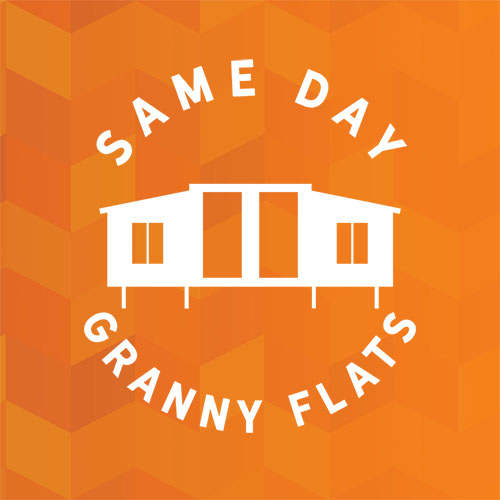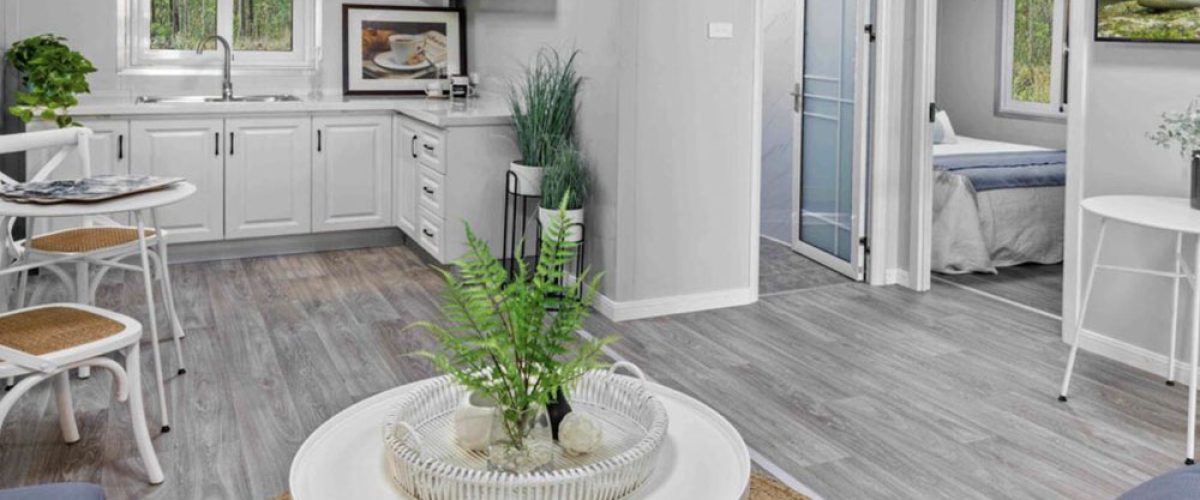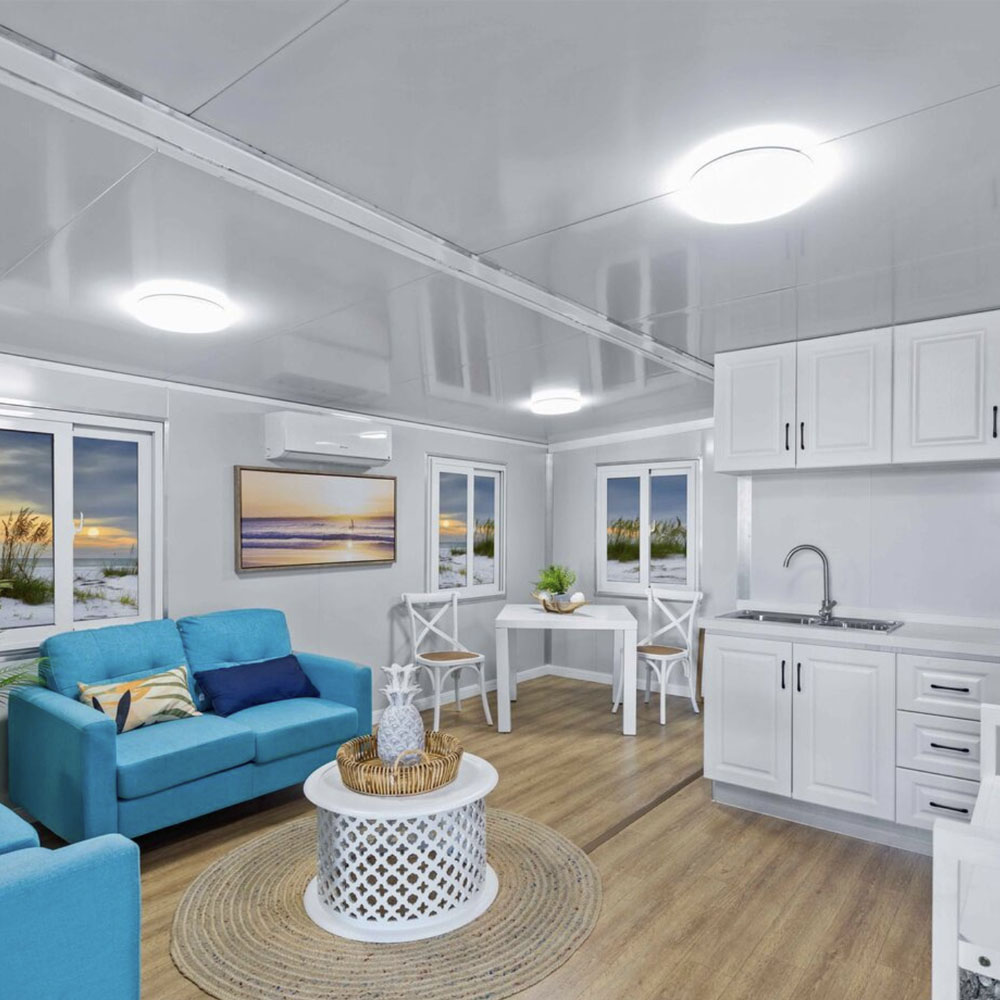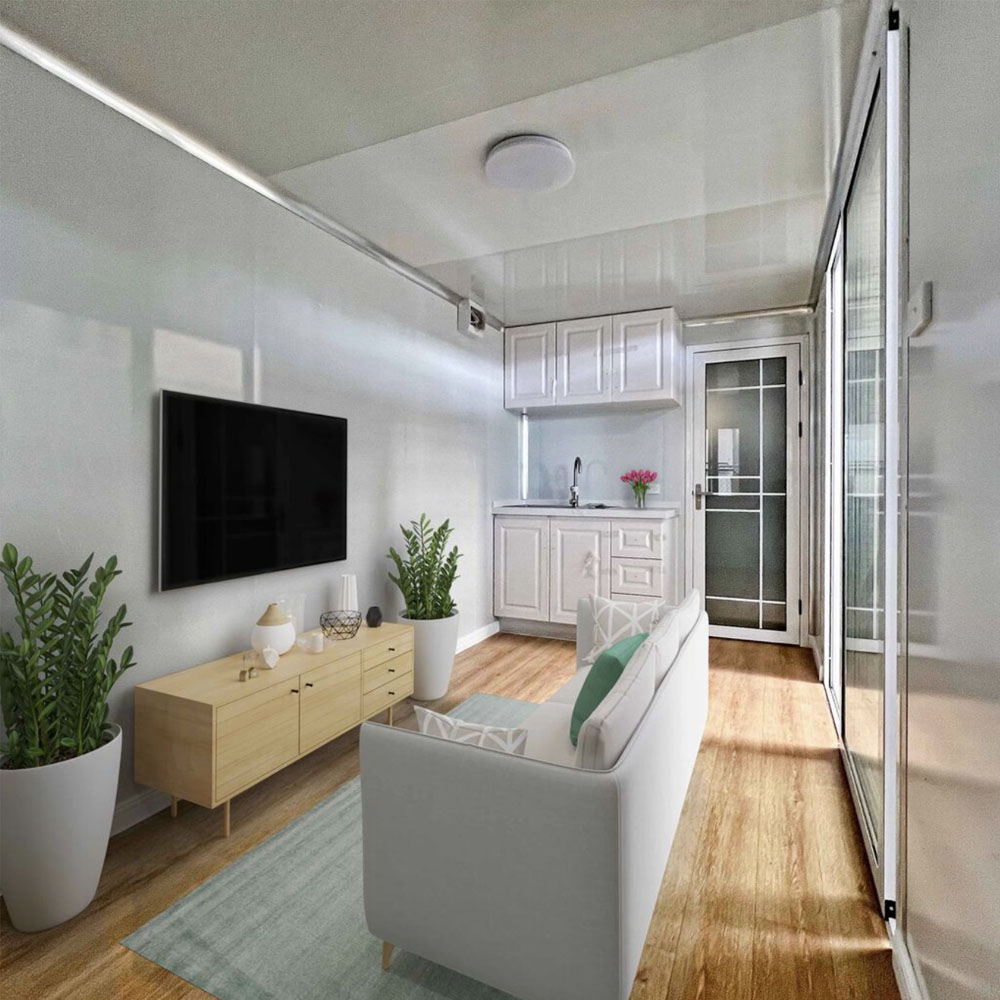In a world characterized by excess and consumerism, a countercultural movement is gaining traction: the tiny home lifestyle. Embracing the philosophy of “less is more,” tiny homes offer a unique perspective on living, focusing on simplicity, sustainability, and a deeper connection to one’s surroundings. Let’s explore the joys of embracing minimalism through the tiny home lifestyle.
1. Financial Freedom: One of the most appealing aspects of tiny homes is their affordability. With a significantly smaller footprint, these homes come with lower construction and maintenance costs. This allows homeowners to potentially pay off mortgages faster or allocate funds towards experiences and passions rather than being tied to high housing expenses.
2. Simplified Living: Living in a tiny home requires intentional decluttering and prioritization. The limited space encourages individuals to streamline their possessions, keeping only what truly adds value to their lives. This newfound simplicity eliminates the stress of managing excess belongings and promotes a more organized, clutter-free living environment.
3. Environmental Impact: Tiny homes are inherently more environmentally friendly due to their reduced size and resource consumption. They require fewer building materials, less energy for heating and cooling, and often encourage the use of sustainable practices such as composting toilets and rainwater harvesting. Choosing a tiny home lifestyle aligns with a commitment to reducing one’s ecological footprint.
4. Mobility and Flexibility: Many tiny homes are built on trailers, offering the advantage of mobility. This means you can take your home with you wherever you go, making it an ideal lifestyle for those who value travel and exploration. Whether you’re a digital nomad or simply love the idea of changing your surroundings, tiny homes provide the freedom to pick up and move without the hassle of traditional relocation.
5. Stronger Connections: With limited space, tiny homes naturally encourage spending more time outdoors and engaging with the local community. Residents often find themselves fostering stronger relationships with neighbors and immersing themselves in local events and activities. The focus on experiences and connections rather than material possessions leads to a more fulfilling social life.
6. Creative Design: Designing a tiny home requires ingenuity and creativity to maximize the use of limited space. This process challenges homeowners to think outside the box and create innovative storage solutions, multi-purpose furniture, and layouts that optimize functionality. The result is a personalized living space that reflects the individual’s unique preferences and lifestyle.
7. Mindful Consumption: The tiny home lifestyle prompts a shift in mindset from impulsive consumption to mindful decision-making. When space is at a premium, every purchase is carefully considered, leading to a heightened awareness of needs versus wants. This mindfulness extends beyond material possessions and can positively impact other areas of life as well.
In essence, the tiny home lifestyle offers an antidote to the pressures of modern living. It encourages us to reassess our priorities, appreciate the beauty of simplicity, and cherish the experiences that truly enrich our lives. By choosing to live in a tiny home, individuals are not just downsizing their living space; they’re expanding their horizons and embracing a more intentional, sustainable, and fulfilling way of life.





